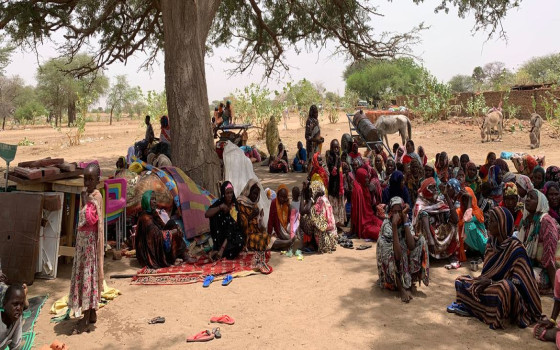
African women are 130 times more likely to die from complications of pregnancy or childbirth than women in Europe and North America

- Europe and Arabs
- Thursday , 18 April 2024 12:52 PM GMT
New York: Europe and the Arabs
The United Nations Population Fund said on Wednesday that African women are 130 times more likely to die from complications of pregnancy or childbirth than women in Europe and North America, adding that more than half of preventable maternal deaths occur in countries experiencing crises or adversity.
In a new report, “Destinies woven with threads of hope: ending inequalities in sexual and reproductive health and rights,” the Fund highlights the role that racism, sexism and other forms of discrimination play in impeding progress on sexual and reproductive health issues. According to what was stated in the United Nations daily news bulletin, a copy of which we received on Thursday morning
According to the report's findings, women and girls trapped in poverty are more likely to die prematurely due to lack of adequate health care if they belong to minority groups or are surrounded by conflict.
Overall, significant progress has been made in the field of sexual and reproductive health and it has become a global sustainable development priority for three decades. In this context, Natalia Kanem, Executive Director of the United Nations Population Fund, said: “Within one generation, we have been able to reduce the rate of unwanted pregnancies by about a fifth, reduce the maternal mortality rate by a third, and obtain laws against domestic violence in more than 160 countries.” ".
Impeded progress
But progress is slowing or stalling in several key areas. In a world where a quarter of women cannot refuse sex with their partners, and around one in ten have no say over contraception, 800 women die every day giving birth – an alarming number that has not changed since 2016.
About 500 of these preventable deaths occur every day in countries experiencing conflict or humanitarian crises. Ms Kanem said the world had “made no progress in saving women from preventable deaths during pregnancy and childbirth”.
She added that for the first time, data had been collected on whether women's physical independence is strengthening over time, stressing that this independence was weakened in 40 percent of the countries where information was available due to the inability to reach "those who have been left behind."
The report documented the clear disparity between the North and South, and West and East, when it comes to contraceptives, safe childbirth services, maternity care, and other basic services.
Pockets of inequality
However, even within these regions there are “pockets of inequality,” the report asserts. Women of African descent in the Americas face higher rates of maternal mortality than white women, which is particularly evident in the United States, where the national average is three times higher. Indigenous and ethnic minorities also face elevated risks related to pregnancy and childbirth.
In Europe, in Albania, for example, more than 90 percent of Roma women from the most marginalized social and economic groups had serious problems accessing health care, compared to only five percent of ethnic Albanian women from the wealthier classes.
Additionally, women with disabilities are up to ten times more vulnerable to gender-based violence, and individuals with diverse sexual orientations and gender expression face significant violence and barriers to care.
Finding solutions
The report highlighted the importance of designing programs to meet the needs of communities and empowering women and girls to formulate and implement innovative solutions.
He also noted that if an additional $79 billion were invested in low- and middle-income countries by 2030, 400 million unplanned pregnancies could be avoided, one million lives saved, and $660 billion in economic benefits achieved.
The Executive Director stressed that the ability to secure reproductive health rights is another major challenge. “It is actually the responsibility of men to be champions for women’s reproductive rights, and reproductive rights for all,” she said.


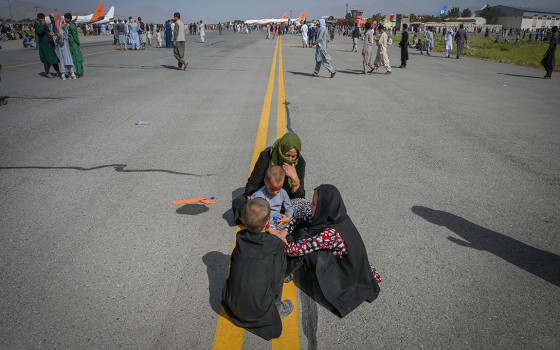
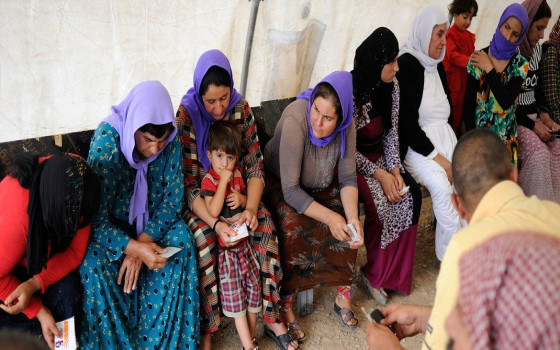
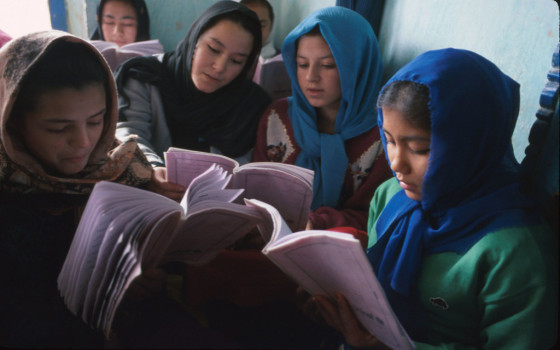



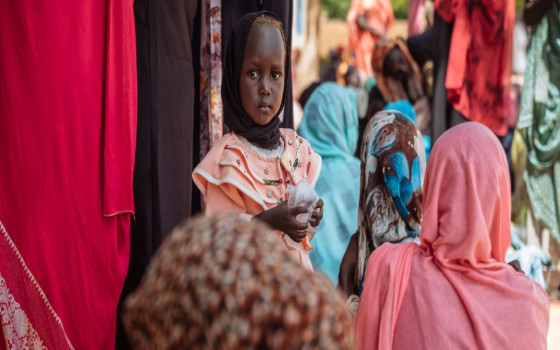



No Comments Found